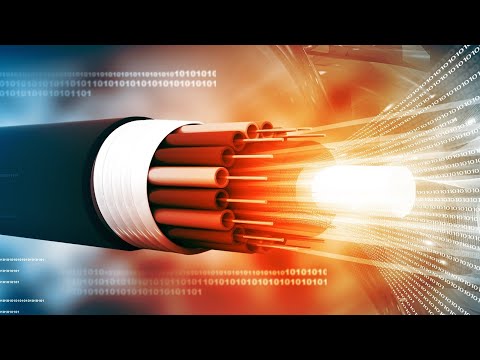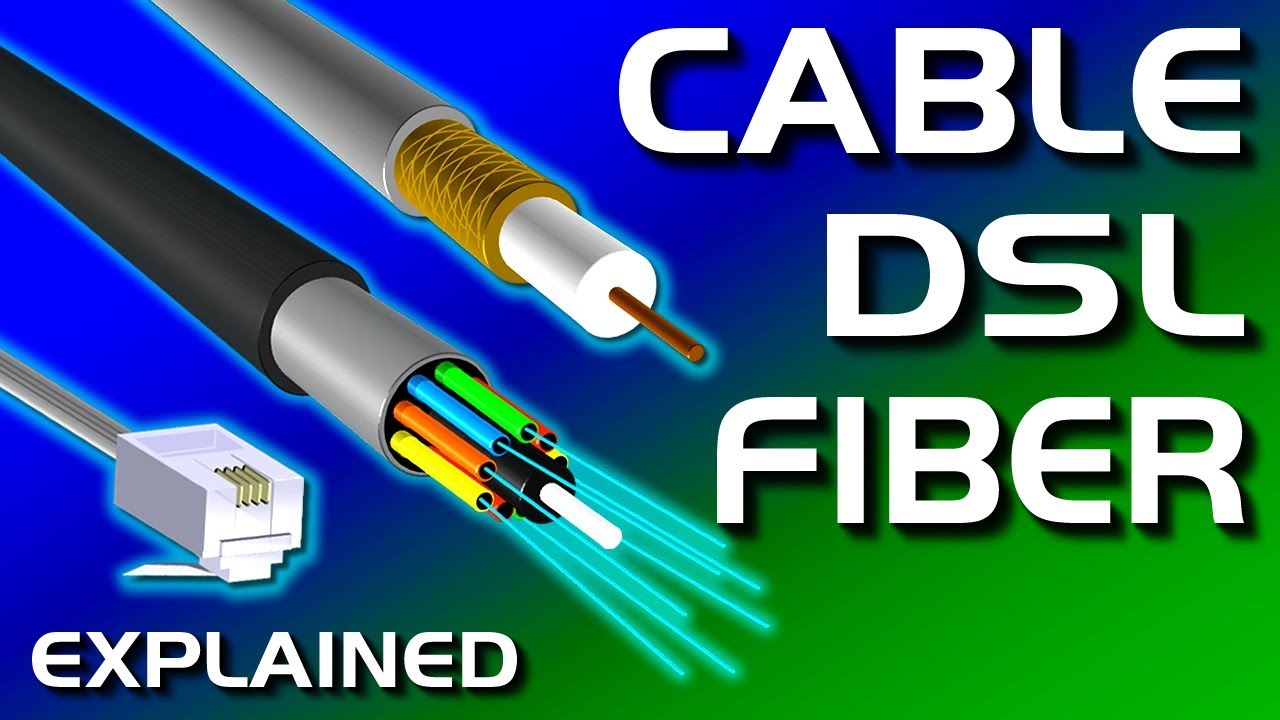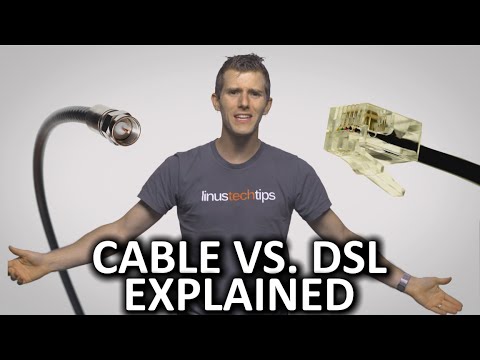MazeCreator DSL • July 2025
Benefits of Broadband Internet for your home & family
Broadband for everyone
In today's digital age, fast and reliable internet is no longer a luxury but a necessity. Whether it's for work, leisure, education or communication, high-speed broadband service has become an essential part of our daily lives. For homeowners, upgrading to broadband service can bring a plethora of benefits, including faster download and upload speeds, better quality streaming of HD content, and seamless online gaming experience. In this article, we'll dive into the advantages of upgrading to broadband service, compare it with outdated DSL service, and provide tips on how to choose the best broadband package for your needs.
Advantages of Upgrading to Broadband Service
One of the most significant advantages of broadband service is speed. Unlike DSL or dial-up internet, which relies on a phone line to transmit data, broadband service uses cable or fiber optic technology to provide a much faster and stable connection. With broadband, you can download and upload files or stream content without experiencing buffering or lagging, and you can use multiple devices simultaneously without affecting the quality of the connection. This is especially useful for homes where multiple people use the internet at the same time, whether for work or entertainment.
Another significant advantage of broadband service is access to streaming content. With services like Netflix, Hulu, Amazon Prime, and YouTube, more and more people are cutting the cord and switching to online streaming for their entertainment needs. Broadband service offers faster and better quality streaming of high-definition (HD) content, which means you'll never have to sit through buffering again. You can stream movies, TV shows, or live sports matches seamlessly, with no degradation in quality.
Moreover, broadband service can enhance your online gaming experience. If you or someone in your home is a gamer, then you know how frustrating it can be to experience lag or slow response time while gaming. Broadband service offers a faster connection with lower latency, which means your games will run smoothly without any delays. This is especially important for online multiplayer games, where even a fraction of a second can make a difference in gameplay.
Lastly, broadband service can offer a bundled package that includes HDTV and phone service. This means that you can get multiple services from the same provider, which can save you money on your monthly bill. You'll have access to over a hundred channels of high-definition television programming and crystal-clear phone service, all on the same bill.
Comparison between DSL and Broadband Service
DSL service, which stands for digital subscriber line, is an outdated technology that uses the copper wiring of telephone lines to transmit data. While DSL was once considered a fast and reliable option, it has now been surpassed by broadband service in terms of speed and quality. DSL service can offer some advantages, such as being cheaper than broadband service, but it cannot compete with the speeds and reliability of broadband.
DSL service typically offers download speeds of up to 25 Mbps and upload speeds of up to 3 Mbps, while broadband service can offer speeds of up to 1 Gbps, which is more than 40 times faster than DSL service. Broadband service also offers higher data caps or unlimited data, while DSL service may have lower data caps, which can result in additional charges if you go over your limit. Additionally, broadband service has a better range and can provide a more stable connection, while DSL service can suffer from attenuation, which means that the signal can weaken over a distance.
Tips on Choosing the Best Broadband Package for Your Needs
When choosing a broadband package, it's essential to consider your needs and usage patterns. Here are some tips to help you choose the best broadband package for your needs:
- Determine your data needs: This is the amount of data you use per month. If you stream a lot of content, play online games or work from home, you'll need a package with a higher data cap or unlimited data.
- Speed requirements: Your internet speed needs will depend on your usage patterns. If you only use the internet for browsing and emailing, lower speeds may suffice. However, if you stream a lot of HD content or play online games, you'll need higher speeds.
- Check the provider's coverage: Before you sign up for a package, check if the provider covers your area. Some providers may offer broadband service in certain areas only.
- Compare packages: Compare different packages from different providers to find the best deal. Look for bundled packages that offer TV and phone service, as well as broadband.
- Consider installation and setup: Some providers may charge an installation fee, while others may offer free installation. Ask about setup and installation costs before signing up for a package.
Installation and Setup
Before you set up your broadband service, be sure to follow these steps:
- Check your equipment: Make sure you have the necessary equipment, such as a modem and router, to connect to the internet.
- Install the equipment: Install the modem and router according to the manufacturer's instructions. Make sure you connect them correctly and to the right ports.
- Connect the devices: Connect your devices, such as computers, phones or gaming consoles, to the router via Wi-Fi or Ethernet. Make sure you enter the correct Wi-Fi password if required.
- Test your connection: Once you've set up your broadband service, test your connection by using a speed test tool. This will check your download and upload speeds, as well as latency, and help you identify any connection issues.









